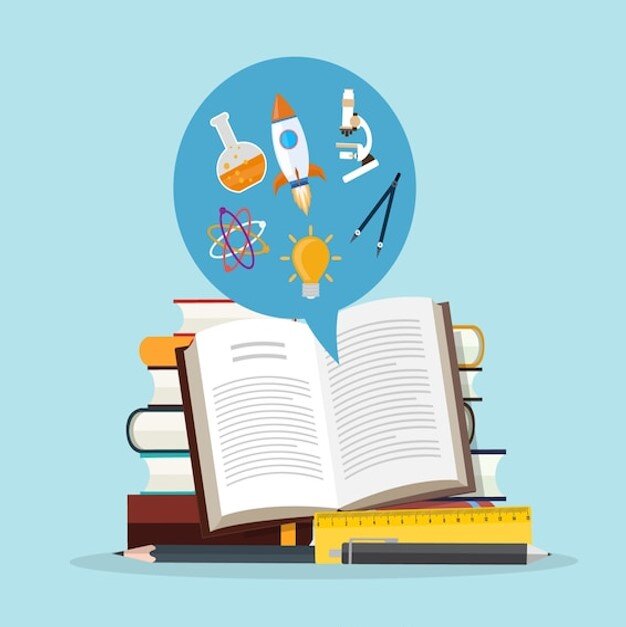Translating Books in Different Disciplines


This article will discuss the challenges of translating books from various academic disciplines and the methods translators use to ensure accuracy and effectiveness.
Translating scientific and technical books requires a deep understanding of the subject matter and proficiency in the source and target languages. Scientific disciplines often rely on precise terminology and complex concepts. Translators must have a strong background in the specific field to properly communicate the intended meaning. In technical fields such as engineering or computer science, translators face the challenge of rendering highly technical jargon that is understandable in the target language. Finding a balance between maintaining technical accuracy and ensuring readability is crucial. Translators often consult subject matter experts and use specialized glossaries and databases to ensure consistency and accuracy in terminology.

Translating literary and poetic works presents a unique set of challenges. The primary goal is to capture the essence of the original work, including its style, tone, and cultural nuances while making it accessible to readers in the target language. Translators must have a deep understanding of the source and target cultures to convey the subtleties and references embedded in the text. A literal translation may not always capture the intended meaning of a literary work. Translators often employ creative strategies such as finding equivalent idioms, adapting cultural references, or even rewriting portions of the text to ensure the same emotional impact on the target audience. It is a delicate balancing act between remaining faithful to the original work and creating a compelling literature in the target language.

Academic and research books cover many disciplines, including humanities, social sciences, and interdisciplinary studies. These books often contain complex arguments, theoretical frameworks, and specialized terminology. Translators should have a solid understanding of these academic conventions and discourses in both languages. One of the challenges in translating academic books is the need to convey the author's original ideas. Translators must carefully interpret and render complex arguments while maintaining the coherence and logical flow of the text. Additionally, they must be mindful of cultural differences in academic practices and adapt their translations accordingly.

Translating medical and legal books requires precision and attention to detail. These fields have unique legal frameworks and jargon that vary depending on the country and jurisdiction. Translators must consider the most recent advancements in these fields and possess specialized knowledge. In medical translation, accuracy is crucial, and mistranslations can have serious consequences. Translators often consult medical experts and use reference materials such as medical dictionaries and databases to ensure accurate translations of medical terminology and procedures. Legal translation entails translating intricate legal terms and texts with adherence to the target language's legal systems. Translators must have a thorough knowledge of legal principles and terminology to ensure the accuracy and validity of the translated text.

Conclusion
Translating books across various areas is a difficult task that demands proficiency in the subject matter and the target languages. Translators must navigate the intricate web of terminology, cultural references, and specialized knowledge to produce accurate and effective translations. By employing strategies such as consulting experts, using specialized resources, and adapting to cultural and linguistic nuances, translators play a crucial role in making knowledge accessible to diverse audiences and fostering cross-cultural understanding.
Discover the power of SITA's Translation Services
Expert translators with specialized knowledge in various disciplines
Accurate and effective translations across scientific, technical, literary, academic, medical, and legal fields
Overcome language barriers in your manuscripts, novels, or legal documents
Linguistic proficiency combined with in-depth subject matter expertise
Ensure accuracy, readability, and cultural nuances in translations
Experience the exceptional results of professional translation services
Breakthrough linguistic barriers and reach a wider audience
Contact SITA today and unlock the potential of your content.
Native speaking translators
Expert in respective fields
Client Collaboration
Customized Solutions
Quality Guarantee
Timely delivery
Confidentiality and Security
If you have any questions, inquiries, or would like to learn more about our services, please don't hesitate to reach out to us. Our dedicated team is ready to assist you.